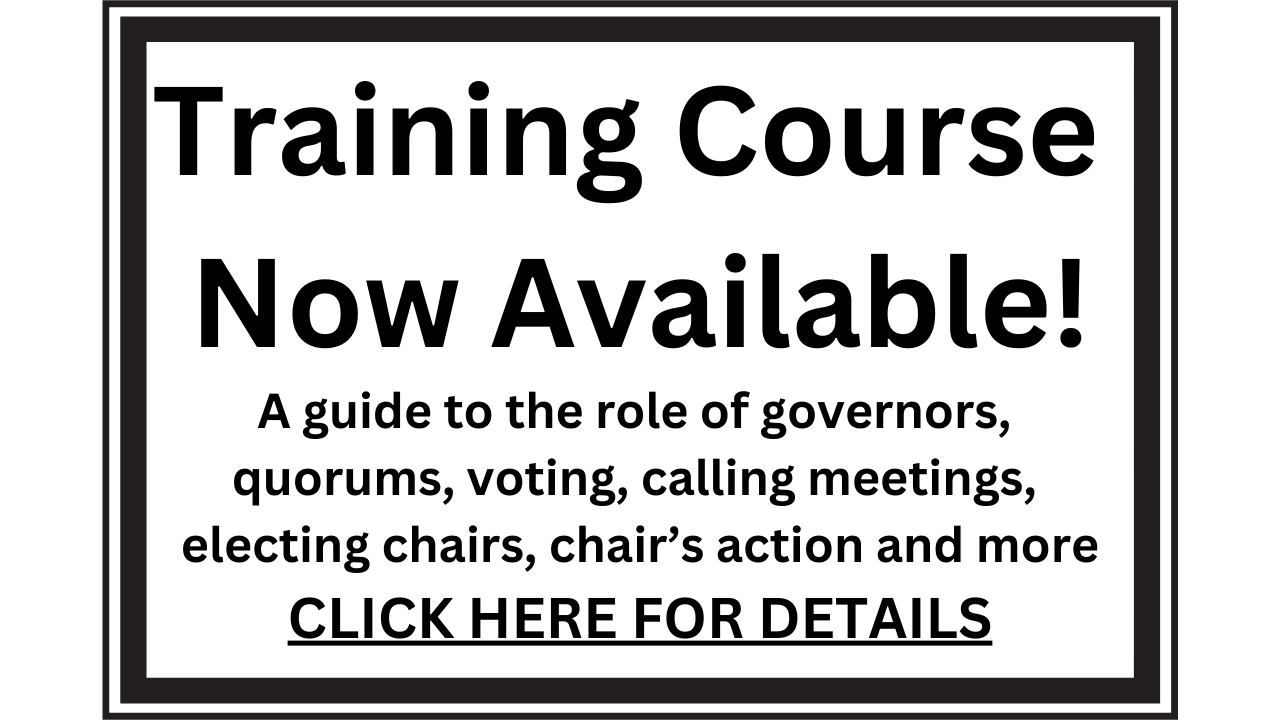This list of questions for the safeguarding link governor to ask was produced by my local authority’s safeguarding team.
It can help the safeguarding governor check that policies and processes are robust and that the board does not just rely on what they are being told by the Headteacher in meetings.

Questions Your Safeguarding Governor Should Ask
- How do governors really know safeguarding is effective?
- Is your evidence of effectiveness based on what you are told or what you have observed and checked first-hand through monitoring?
- Do you receive, read and ask questions about the safeguarding updates provided to Headteachers and Designated Safeguarding Leads, including updates from the LA, police, health and the Local Safeguarding Children’s Partnership?
- Do you review first-hand information or observations on the progress against actions identified through the annual LA safeguarding self-evaluation or external safeguarding audits?
- Have you read documents such as Keeping Children Safe in Education (KCSIE) and Working Together To Safeguard Children, published practice reviews and their recommendations and then considered what questions may be appropriate to ask your own setting as a result?
- Do you know what Early Help services are available locally and do all staff know how they might refer to Early Help as set out in KCSIE?
- Are staff proactively seeking early intervention within and beyond school?
- Do you know how effective safer recruitment processes are?
- Are all the required recruitment checks completed for all staff?
- Do you know what checks or assurances (depending on employment status) are undertaken for visitors? Or before and after school provision? Or volunteers? Or offsite provision?
- Do you know how assurance for offsite trips is undertaken?
- Do you know how effective online safety considerations are and how secure systems are?
- Are online filters set up and effective?
- Do you know how you check pupils feel safe at school and who they could talk to if they had any worries?
- Do you consider if you always ask the same questions? Consider who selects pupils for you to speak to on school visits – is it governors, the school or is it random? What are the limitations of this approach?
- How do you know that records of concerns are kept securely? Or information is shared appropriately on a need-to-know basis with staff?
- Are records dated with the relevant staff member identifiable?
- Is there a clear record and timeframe of actions and chronology of events and outcome?
- Do you know what the process is for managing peer-on-peer abuse? Is it in line with government guidance? Is there sufficient consistency in implementation, clear records and timeframes for actions but also evidence that young people are supported effectively?
- Do you know how many allegations of sexual abuse or harassment have been recorded by the school, what patterns, trends or themes have been noted and what actions have been taken as a result? How will the effectiveness of this be monitored?
- Do you check whether your complaints policy and processes clearly indicate what constitutes a complaint versus an allegation of harm? Do they identify a clear process for managing complaints or allegations when these are made against the Headteacher or Chair of Governors?
- Do you know what safeguarding training governors have undertaken this academic year? What impact has that training had?
- Do you know that all governors have read the whole of KCSIE?
